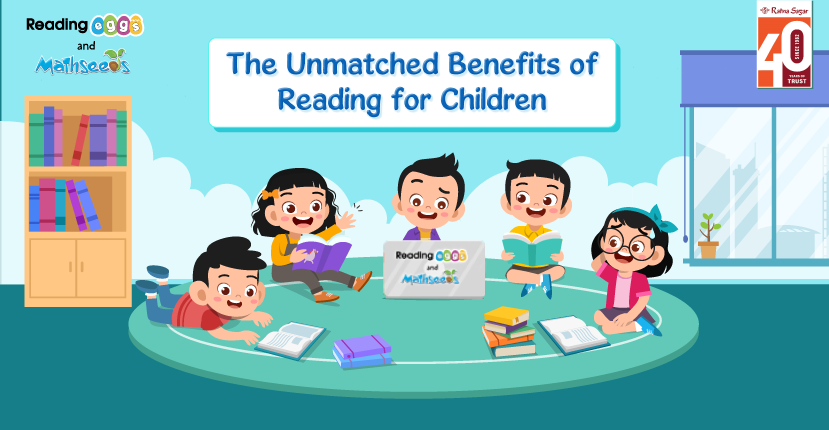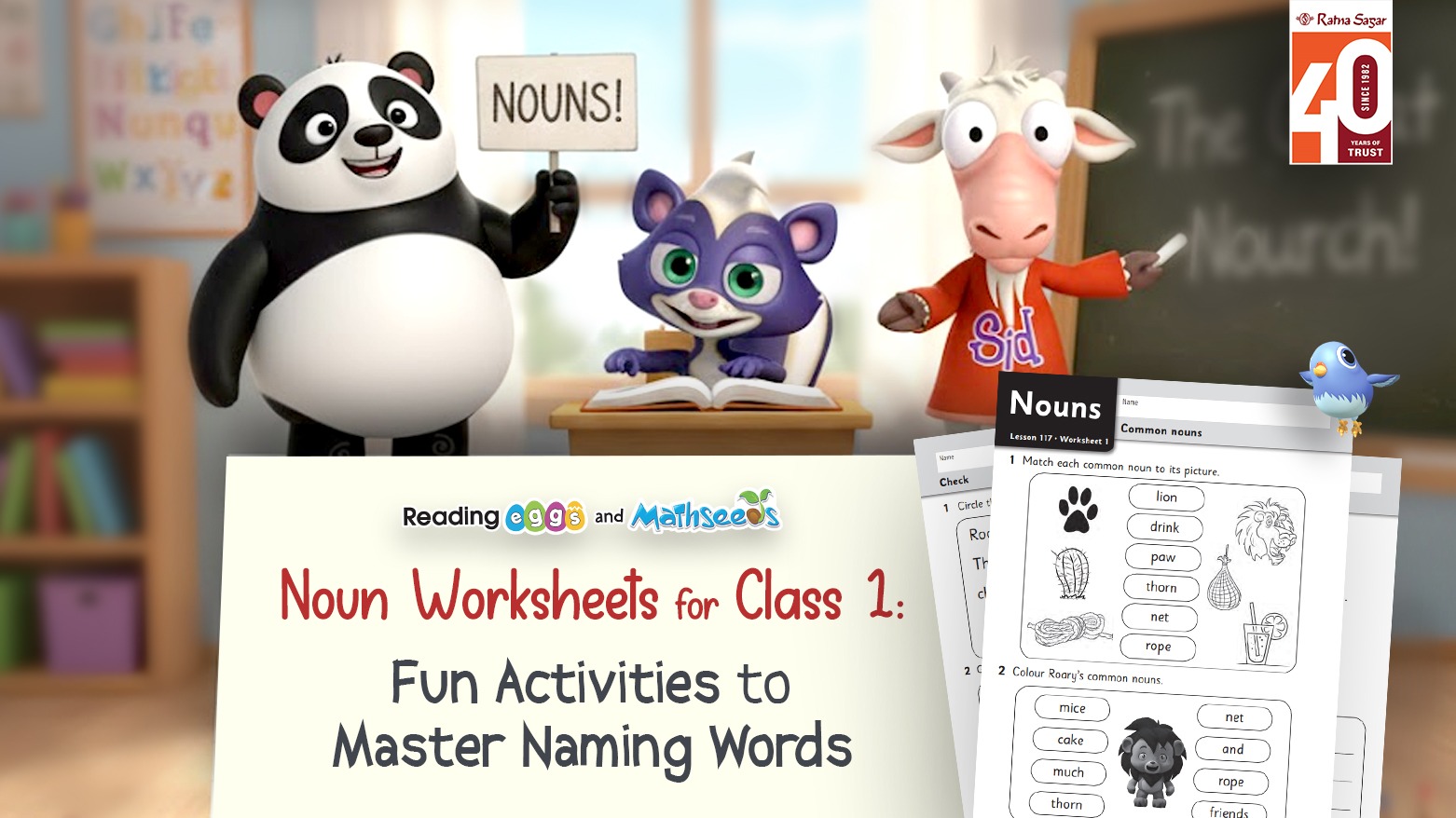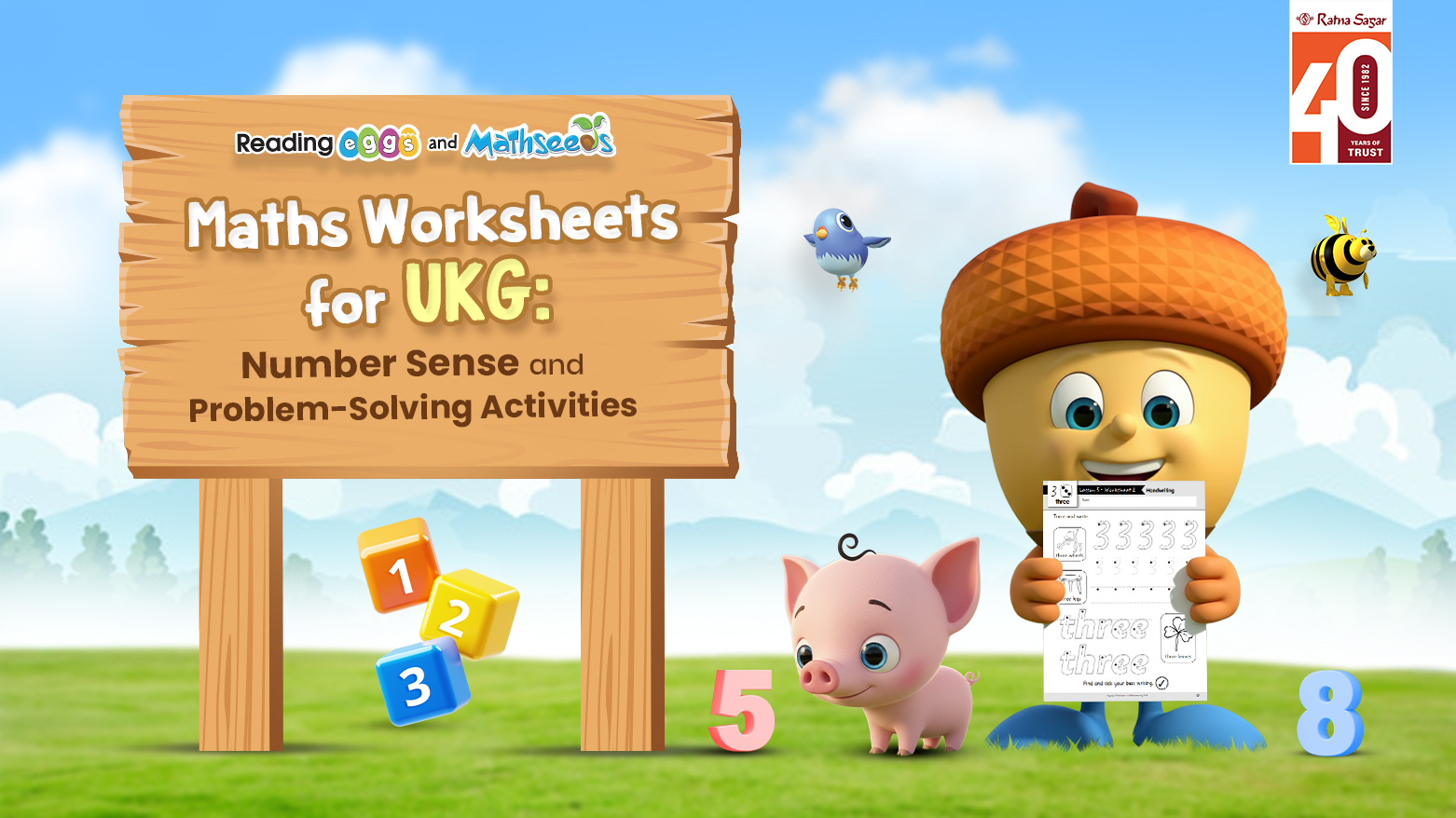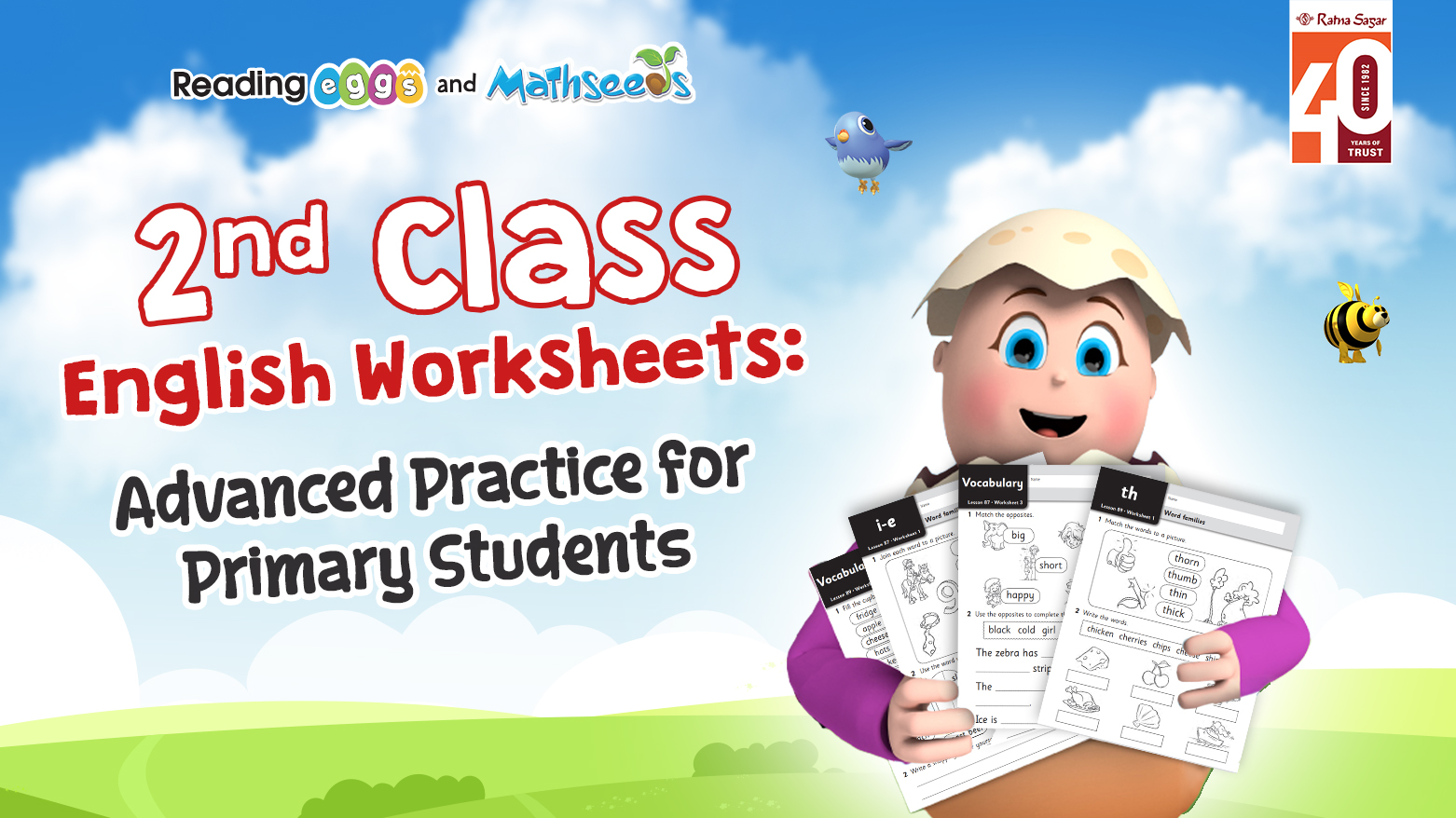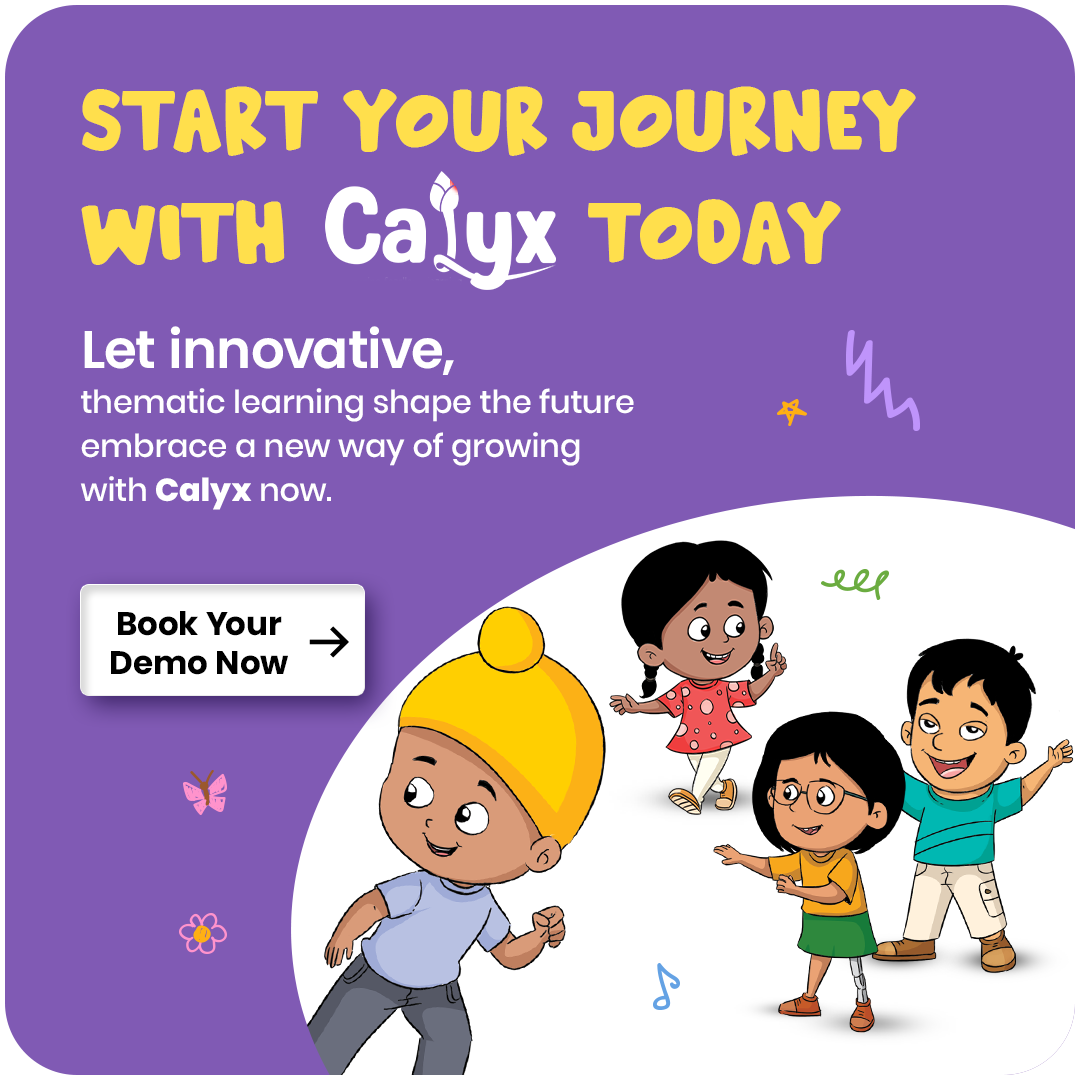In an era dominated by screens and digital interactions, the timeless tradition of reading books holds a significant and irreplaceable place in the development and education of children. The benefits of reading for children extend far beyond the joy of the stories themselves. Reading is a critical skill that fosters a child's overall growth, from cognitive abilities to social understanding. This article delves into the multifaceted advantages of reading books and underscores the importance of reading books in a child's life. Cognitive Development One of the foremost benefits of reading for children is the enhancement of cognitive skills. Reading stimulates the brain, improving its ability to comprehend, analyze, and interpret information. When children read, they are exposed to new vocabulary and complex sentence structures, which enhances their language development. This exposure leads to better writing skills, as children learn to express their thoughts coherently and creatively. Moreover, reading books encourages critical thinking. When children engage with a story, they are often required to understand the plot, remember details, and predict what might happen next. This process of active engagement sharpens their analytical skills and boosts their memory. The advantages of reading books also include improved concentration and discipline, as children learn to focus on the narrative and follow it to its conclusion. Academic Success The importance of reading books in academic success cannot be overstated. Studies have shown that children who read regularly tend to perform better in school. This is because reading improves comprehension skills, which are essential for understanding textbooks and other educational materials. It also enhances general knowledge, giving children a broader perspective and a deeper understanding of the world around them. Furthermore, the habit of reading cultivates a love for learning. Children who enjoy reading are more likely to develop a curiosity about various subjects, leading to a lifelong quest for knowledge. This motivation to learn is one of the most significant benefits of reading and sets a solid foundation for future academic and professional achievements.
Book 7 days FREE trial For UKG Maths Worksheet
Emotional and Social Development Reading books also plays a crucial role in a child's emotional and social development. Through stories, children encounter a range of emotions and experiences, which helps them understand and empathise with others. This emotional intelligence is critical for forming healthy relationships and navigating social situations. The benefits of reading for children in this context also include the development of a sense of empathy. When children read about characters in different situations, they learn to see things from different perspectives. This understanding fosters compassion and tolerance, essential traits in a diverse and interconnected world. Additionally, reading provides a safe space for children to explore their feelings. They can see their own experiences reflected in the characters and stories they read, which can be comforting and validating. This connection to literature can help children process their emotions and develop a better understanding of themselves. Imagination and Creativity One of the most enchanting advantages of reading books is the way it fuels a child's imagination and creativity. Unlike passive forms of entertainment, such as watching television, reading requires children to create mental images of the characters, settings, and events described in the text. This active engagement of the imagination helps children develop creative thinking skills. When children read fantasy and fiction, they are transported to different worlds where anything is possible. This exploration of new and fantastical realms encourages them to think outside the box and come up with innovative ideas. The importance of reading books in fostering creativity is evident in the way it helps children approach problems and challenges from unique angles. Language and Communication Skills The benefits of reading for language and communication skills are immense. Through reading, children are exposed to a rich vocabulary and diverse language styles. This exposure not only enhances their vocabulary but also improves their understanding of grammar and sentence structure. As a result, children become more articulate and effective communicators. Reading aloud to children is particularly beneficial. It provides them with a model of fluent reading and helps them develop listening skills. This shared activity also strengthens the bond between the reader and the child, creating positive associations with reading. Furthermore, the habit of reading encourages children to express themselves more clearly. As they become familiar with different ways of storytelling, they learn how to organize their thoughts and communicate them effectively. The advantages of reading books in this context extend to better writing skills, as children learn to structure their narratives and convey their ideas persuasively.
Book 7 days FREE trial For UKG Maths Worksheet
Building a Lifelong Habit One of the long-term benefits of reading for children is the establishment of a lifelong reading habit. Children who are introduced to reading at an early age are more likely to continue reading throughout their lives. This habit is a gateway to continuous learning and personal growth. Reading as a lifelong habit contributes to mental well-being. It provides an escape from the stresses of daily life and a way to relax and unwind. The importance of reading books in adulthood is also reflected in its ability to keep the mind sharp and reduce the risk of cognitive decline. Enhancing Focus and Patience In a world where instant gratification is often the norm, reading teaches children the value of patience and sustained focus. Unlike other forms of entertainment that provide immediate rewards, reading requires time and concentration. Children learn to immerse themselves in a book, patiently following the narrative and absorbing the details. This ability to focus and persist is one of the key benefits of reading for children. It translates into better performance in various tasks that require sustained attention, whether in academic settings or daily activities. The discipline of reading fosters a sense of perseverance and resilience, qualities that are essential for success in any endeavor. Expanding Horizons The importance of reading books in broadening a child's horizons is profound. Books expose children to different cultures, historical periods, and ways of life. They provide insights into diverse perspectives and teach children to appreciate the richness of the human experience. Through reading, children can explore places they have never been and meet people they have never known. This virtual travel expands their understanding of the world and cultivates a sense of curiosity and wonder. The advantages of reading books in this regard are limitless, as they open up new worlds of knowledge and adventure. To enhance children's reading abilities, consider using Reading Eggs and Mathseeds. These programs are specifically designed to help children improve their reading proficiency. Here are some key features of the program:
Book 7 days FREE trial For UKG Maths Worksheet
Reading Eggs and Mathseeds Library
- Offers around 3,800 books across 13 diverse genres.
- Each book includes engaging quizzes for added enjoyment.
- Provides a wide range of stories for children to choose from.
Lexile Level Filter and Read-Aloud Audio Feature
- The Lexile level filter helps kids find books that match their reading proficiency.
- The read-aloud audio feature assists struggling readers.
- Allows adults to read stories to children and gradually transition as their reading skills grow.
Reading Journal
- A digital journal for children to record their reading experiences and celebrate achievements.
- Interactive "snap book" for documenting books read, along with thoughts and feelings about each.
- Personalization options with stickers, backgrounds, and creative elements to foster appreciation for reading and set goals.
- Encourages reflection and enhances critical thinking skills.
Reading Eggspress
- Engages students with interactive activities to enhance vocabulary, comprehension skills, and overall reading level.
- Components include a variety of lessons, learning resources, motivating games, and e-books.
- Offers 220 interactive comprehension lessons divided into 44 maps, each featuring 5 lessons that teach comprehension strategies.
- Each lesson concludes with a passage from a story, followed by a set of comprehension questions to assess the student's understanding.
Conclusion The benefits of reading for children are vast and far-reaching. From cognitive and academic advantages to emotional and social growth, reading books plays a pivotal role in shaping a child's development. The importance of reading books extends beyond the immediate pleasures of a good story; it lays the foundation for lifelong learning, empathy, and creativity. By nurturing a love for reading in children, we equip them with the tools they need to navigate and succeed in an ever-changing world. The advantages of reading books are, indeed, immeasurable, making it a priceless gift that every child deserves to receive.
